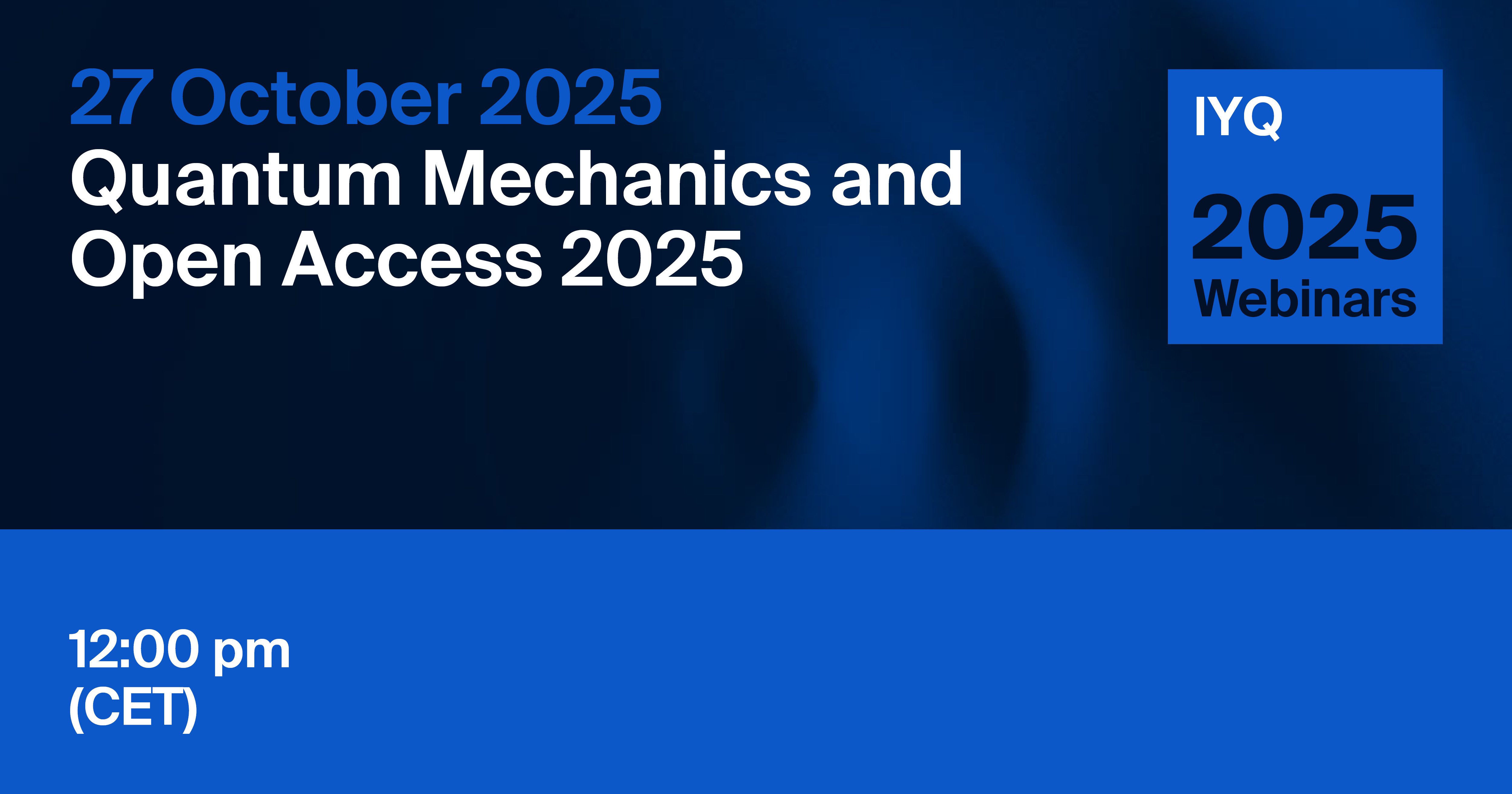
Journal Menu
► ▼ Journal Menu-
- Molecules Home
- Aims & Scope
- Editorial Board
- Reviewer Board
- Topical Advisory Panel
- Instructions for Authors
- Special Issues
- Topics
- Sections & Collections
- Article Processing Charge
- Indexing & Archiving
- Editor’s Choice Articles
- Most Cited & Viewed
- Journal Statistics
- Journal History
- Journal Awards
- Society Collaborations
- Conferences
- Editorial Office
Journal Browser
► ▼ Journal Browser-
arrow_forward_ios
Forthcoming issue
arrow_forward_ios Current issue - Vol. 30 (2025)
- Vol. 29 (2024)
- Vol. 28 (2023)
- Vol. 27 (2022)
- Vol. 26 (2021)
- Vol. 25 (2020)
- Vol. 24 (2019)
- Vol. 23 (2018)
- Vol. 22 (2017)
- Vol. 21 (2016)
- Vol. 20 (2015)
- Vol. 19 (2014)
- Vol. 18 (2013)
- Vol. 17 (2012)
- Vol. 16 (2011)
- Vol. 15 (2010)
- Vol. 14 (2009)
- Vol. 13 (2008)
- Vol. 12 (2007)
- Vol. 11 (2006)
- Vol. 10 (2005)
- Vol. 9 (2004)
- Vol. 8 (2003)
- Vol. 7 (2002)
- Vol. 6 (2001)
- Vol. 5 (2000)
- Vol. 4 (1999)
- Vol. 3 (1998)
- Vol. 2 (1997)
- Volumes not published by MDPI
Need Help?
Announcements
17 October 2025
MDPI Webinar | Quantum Mechanics and Open Access 2025, 27 October 2025

Welcome to our webinar series themed “Quantum Mechanics and Open Access”, organized in recognition of the International Year of Quantum Science and Technology (IYQ 2025).
This year marks a historic milestone—the centenary of the birth of quantum mechanics, a field that has transformed our understanding of the universe and continues to drive innovation across physics, chemistry, computing, and beyond. It is both a moment of reflection on a century of extraordinary breakthroughs and an opportunity to envision the next hundred years of discovery.
Our theme highlights not only the profound scientific achievements of the past but also the vital role that open knowledge plays in shaping the future of research. Open access ensures that discoveries are shared, collaborations are strengthened, and progress in quantum science remains a truly global endeavor.
We are delighted to bring together a distinguished group of speakers, researchers, and practitioners who will share their insights on how open access is transforming the way we communicate, collaborate, and innovate in quantum science.
Thank you for joining us on this exciting journey of science, openness, and collaboration. We look forward to engaging in discussions and to collectively imagining the quantum future together.
Date: 27 October at 12:00 p.m. CET | 7:00 p.m. CST Asia
Webinar ID: 868 2457 9603
Register now for free.
Program:
|
Speaker |
Presentation Title |
Time in CET |
Time in CST (Asia) |
|
|
MDPI Introduction |
12:00–12:10 p.m. |
7:00–7:10 p.m. |
|
Dr. Filipe Menezes |
“Understanding Protein Language: Developing an AI Model to Understand the Chemistry of Non-bonded Interactions” |
12:10–12:30 p.m. |
7:10–7:30 p.m. |
|
Dr. Olalla Castro-Alvaredo |
“Entanglement Measures in Many-Body Quantum Systems” |
12:30–12:50 p.m. |
7:30–7:50 p.m. |
|
Prof. Andreas Fring |
“Ghost Free Higher Time-Derivative Theories” |
12:50–1:10 p.m. |
7:50–8:10 p.m. |
|
Prof. Dr. Steve Scheiner |
“Advances in Understanding Noncovalent Interactions through Quantum Chemistry” |
1:10–1:30 p.m. |
8:10–8:30 p.m. |
|
|
Q&A Session |
1:30–1:45 p.m. |
8:30–8:45 p.m. |
|
|
Closing of Webinar |
1:45–2:00 p.m. |
8:45–9:00 p.m. |
After registering, you will receive a confirmation email containing information on how to join the webinar. Registrations with academic and institutional email addresses will be prioritized.
Unable to attend? Register anyway, and we will let you know when the recording is available to watch.
Webinar Chair and Keynote Speakers:
- Dr. Filipe Menezes, Institute of Structural Biology, Helmholtz Munich, Oberschleißheim, Germany;
- Dr. Olalla Castro-Alvaredo, Department of Mathematics, City St George's, University of London, London, England;
- Professor Andreas Fring, Department of Mathematics, City St George's, University of London, Northampton Square, London, UK;
- Prof. Dr. Steve Scheiner, Department of Chemistry and Biochemistry, Utah State University, Logan, UT, USA.




